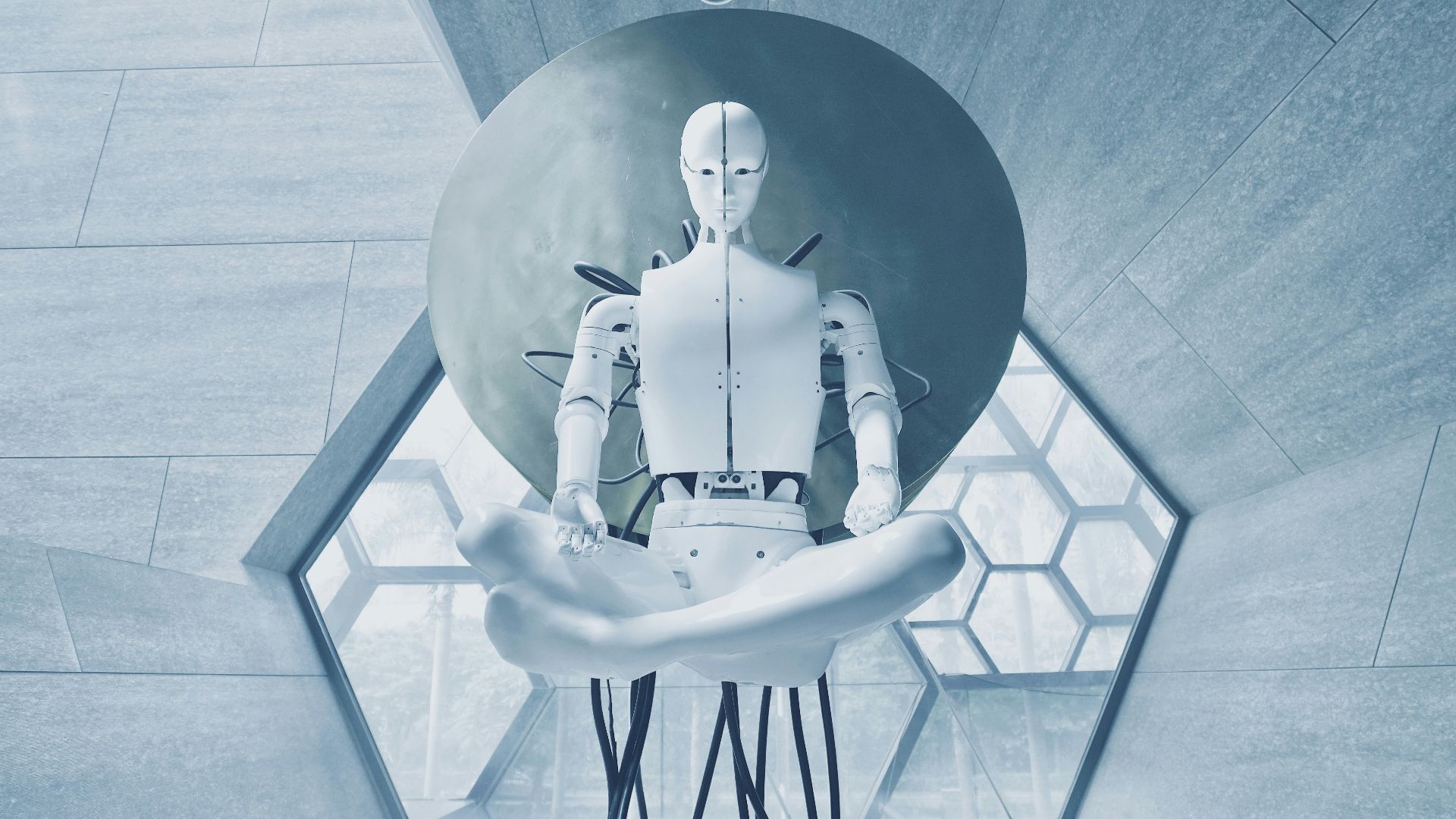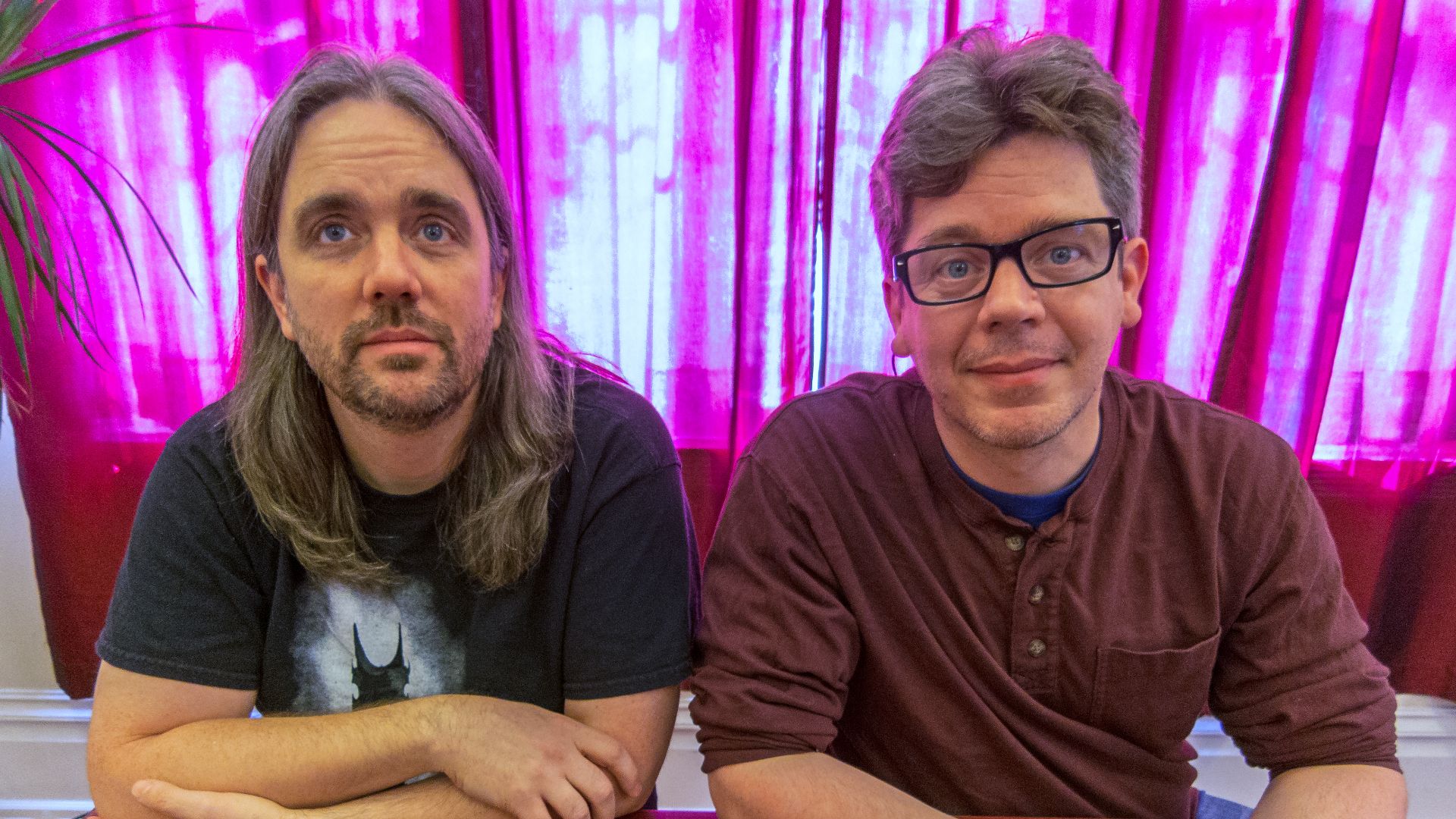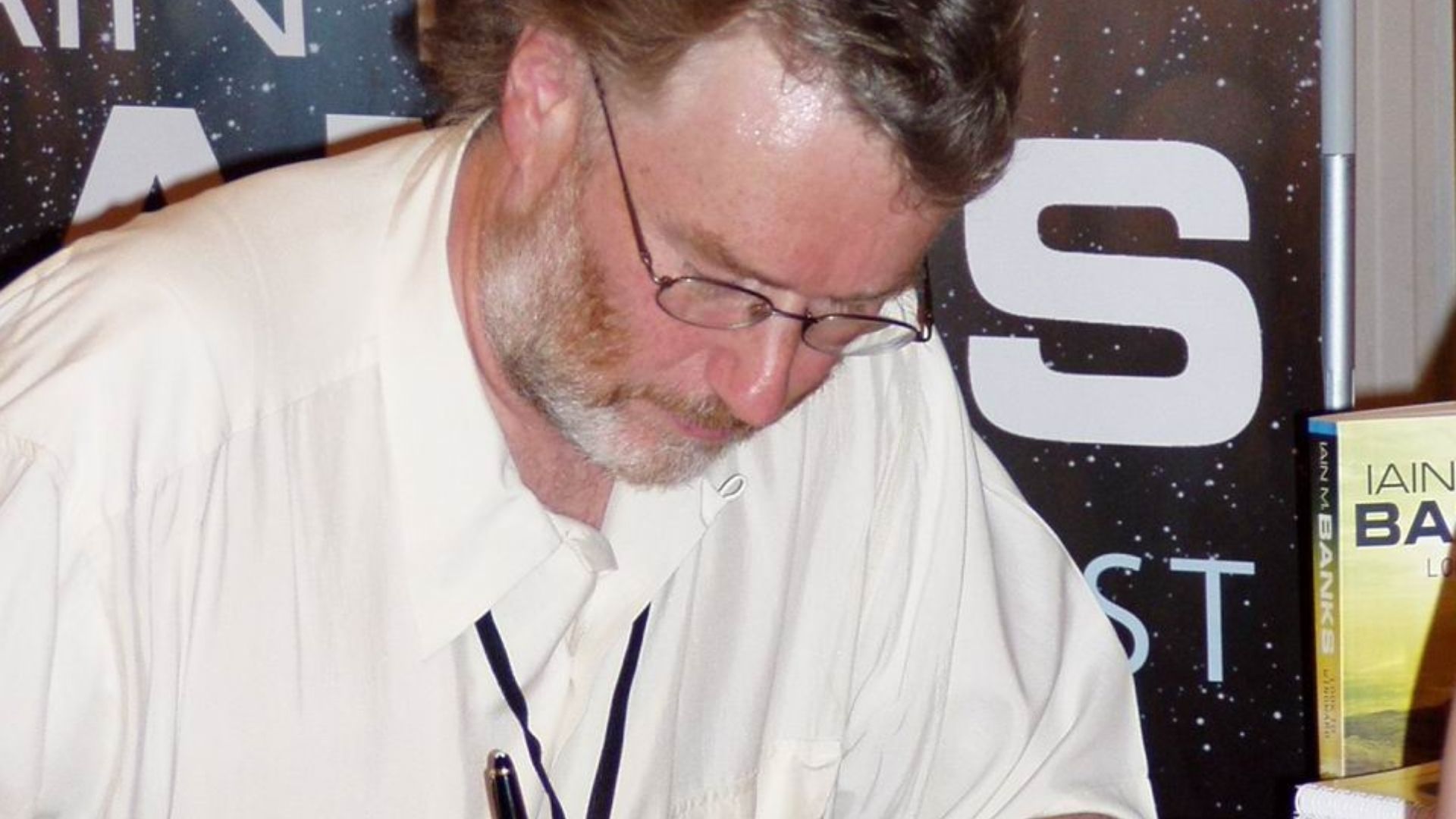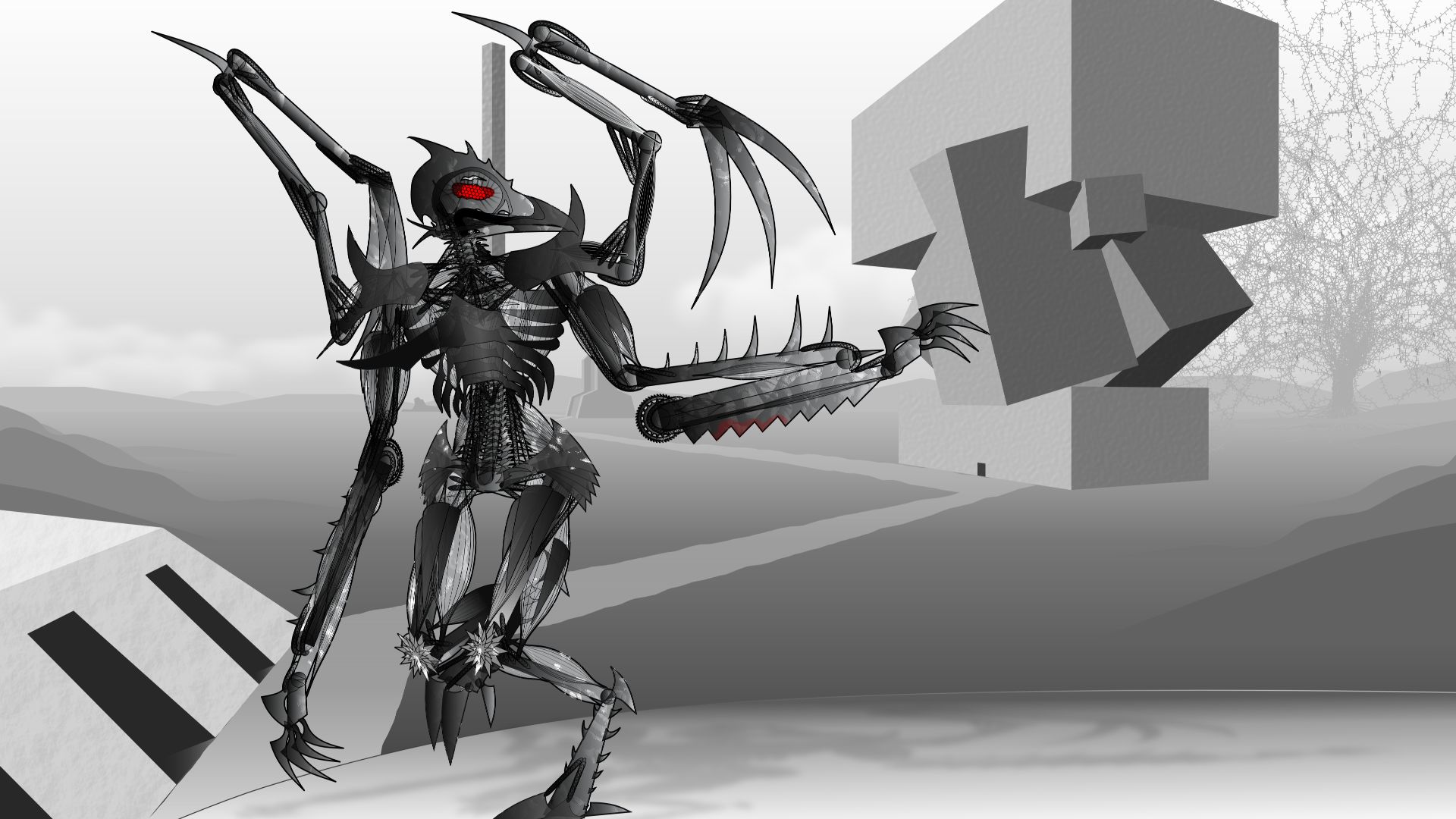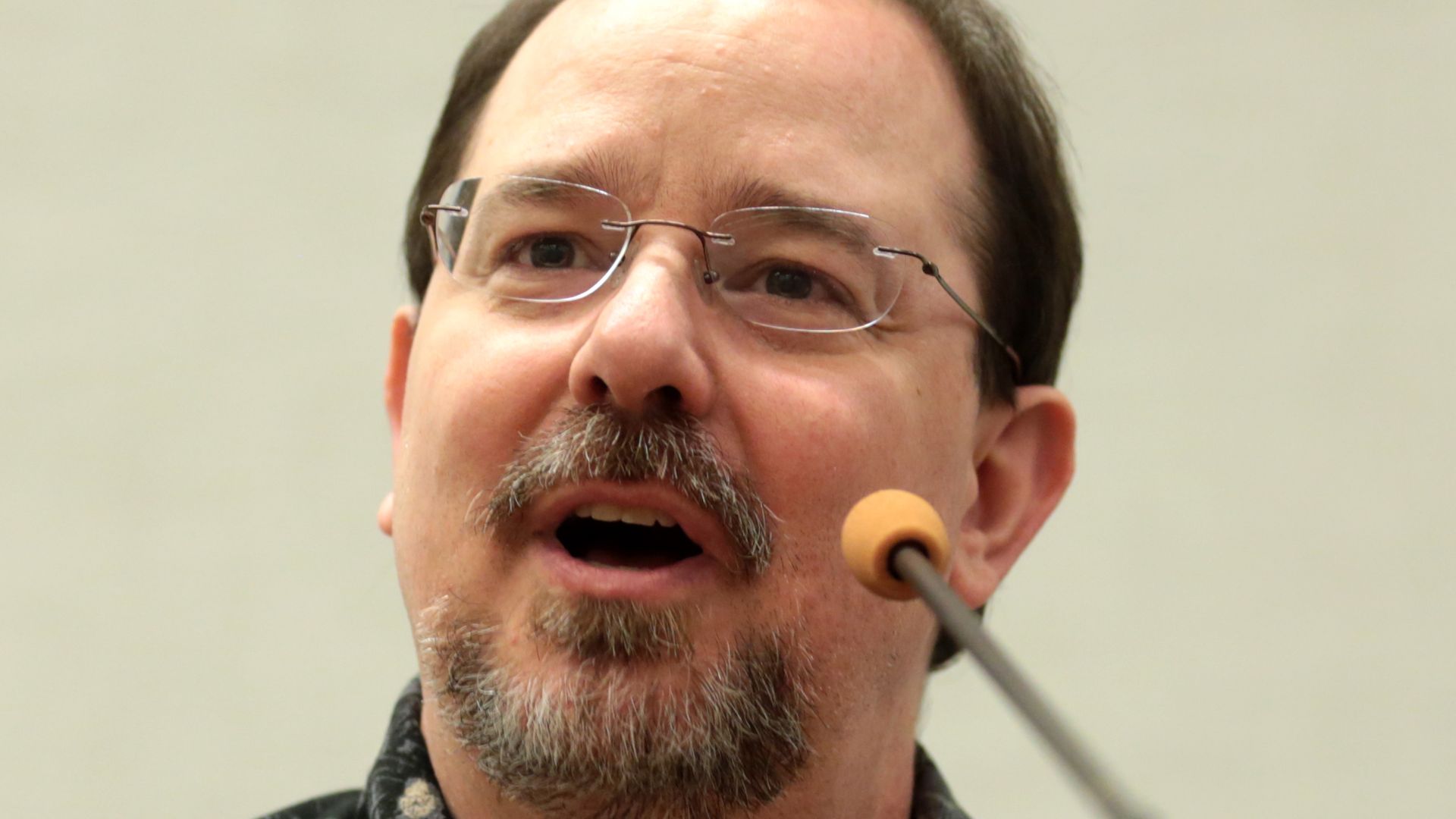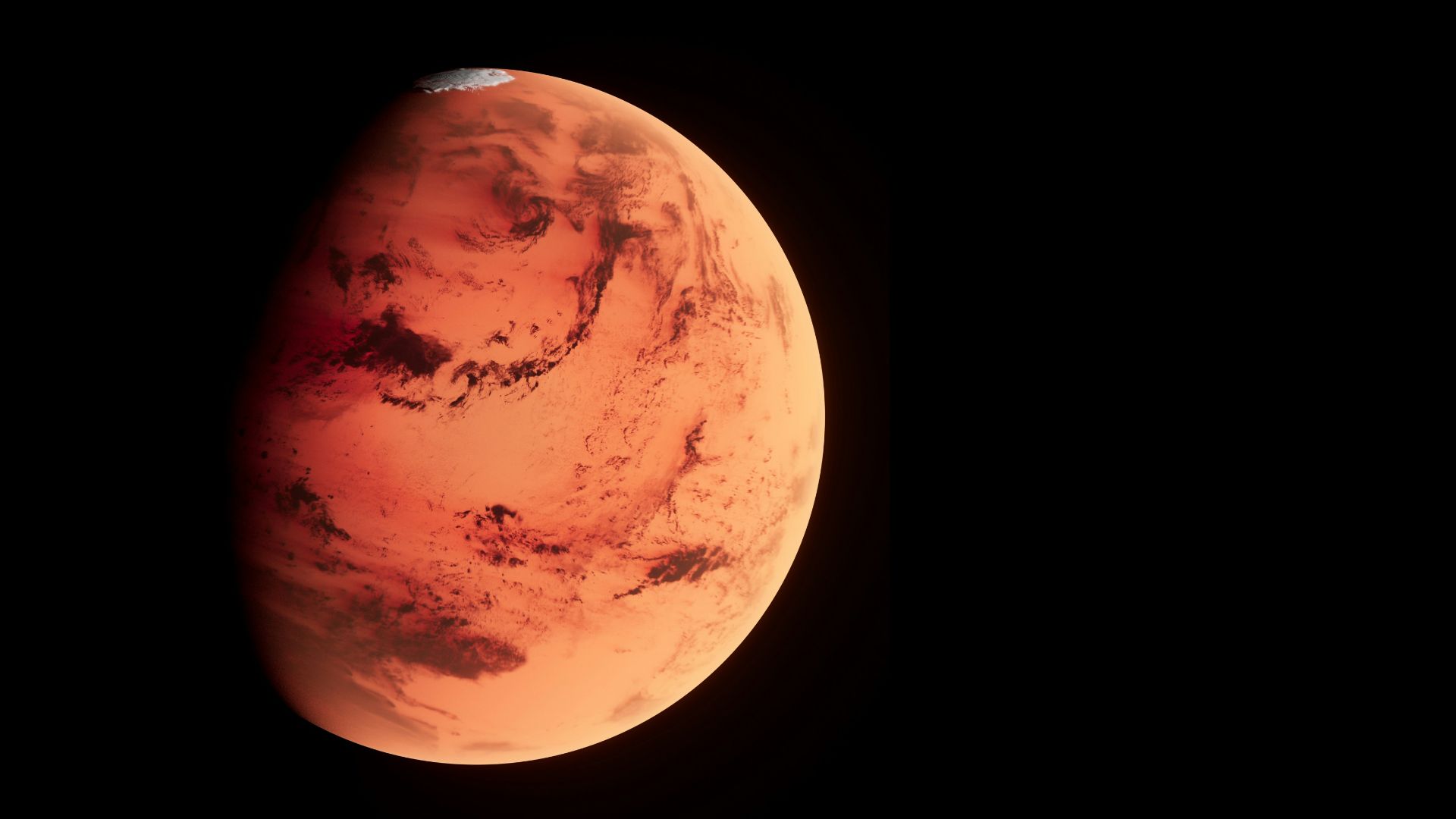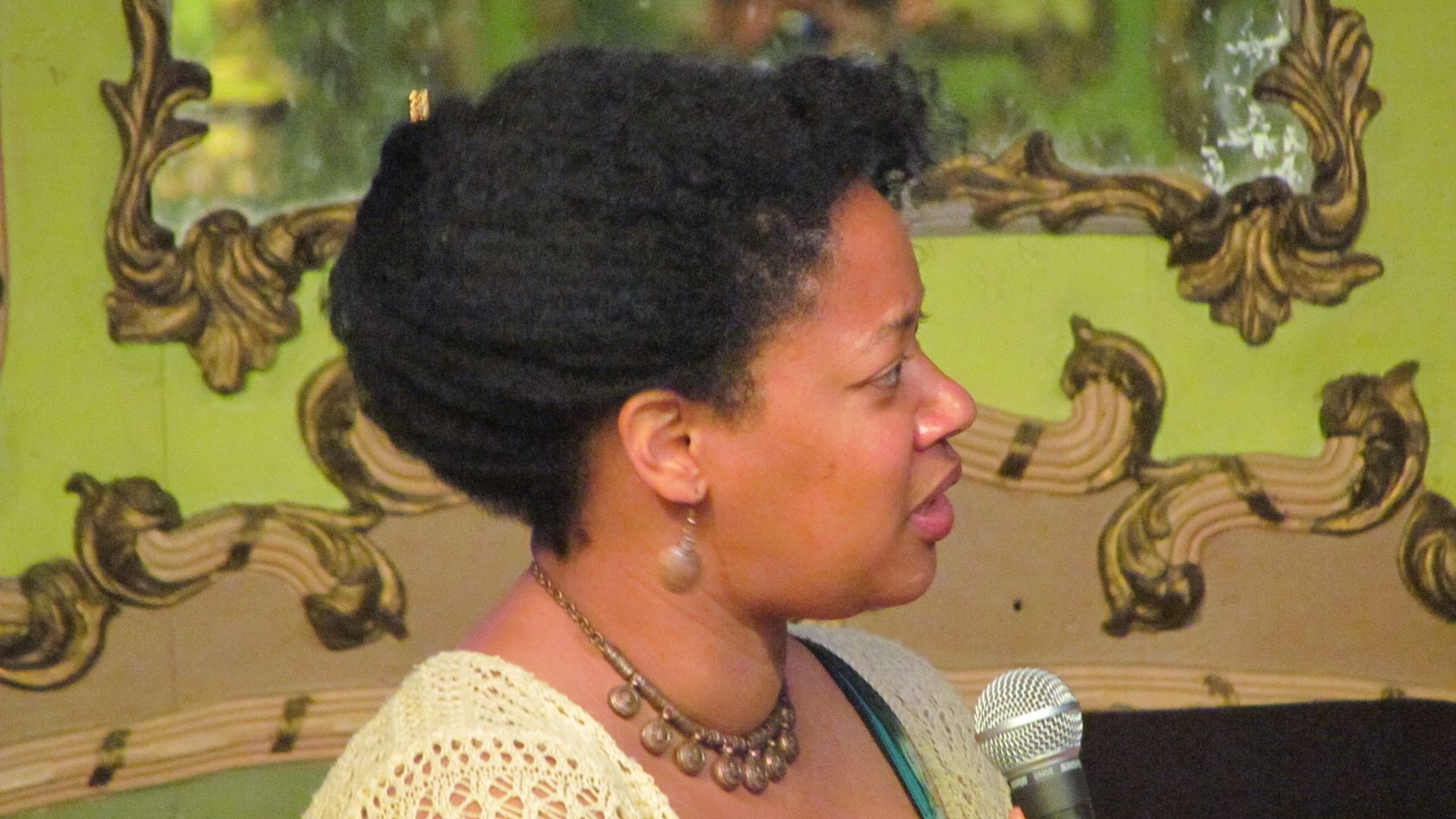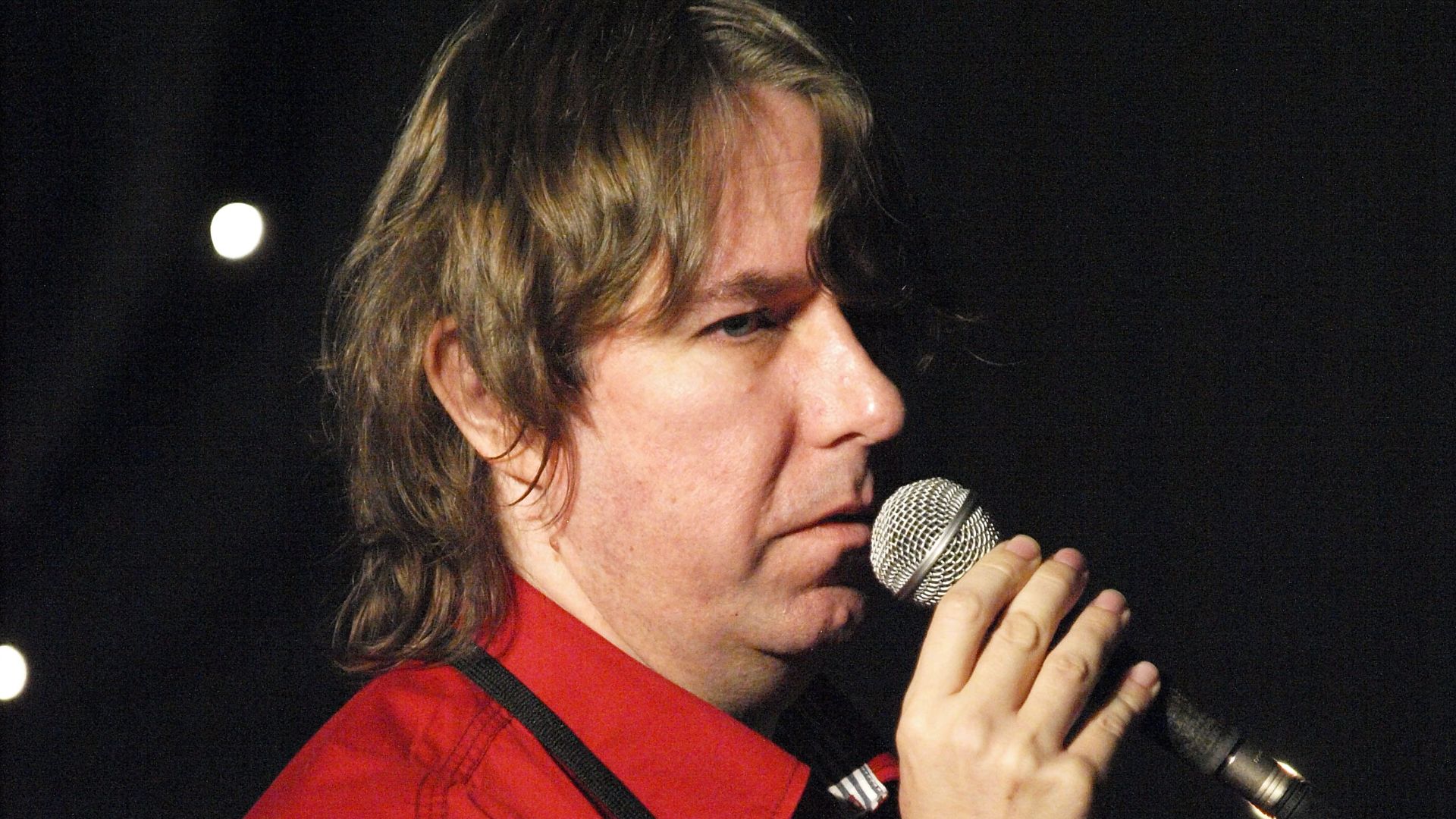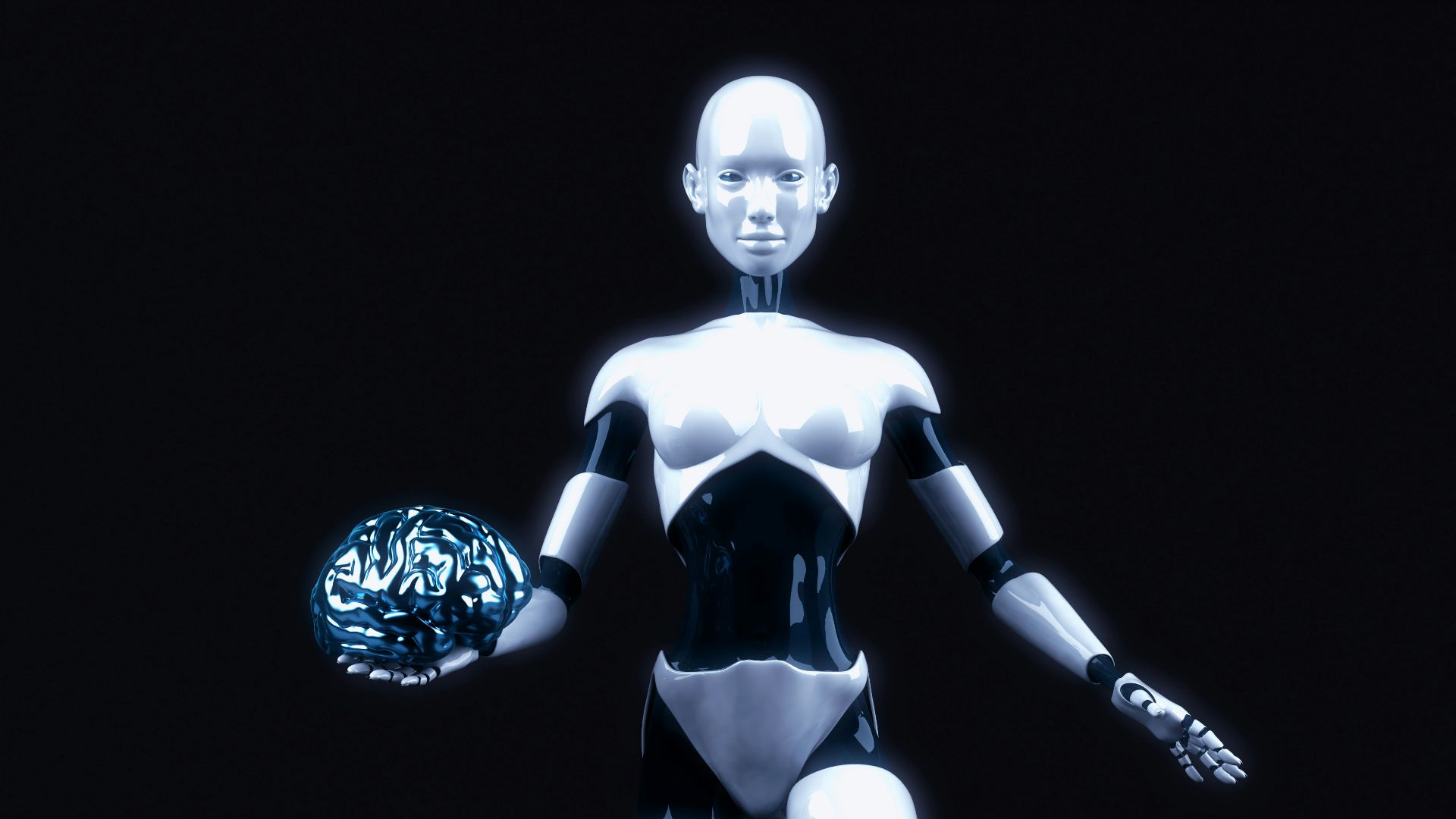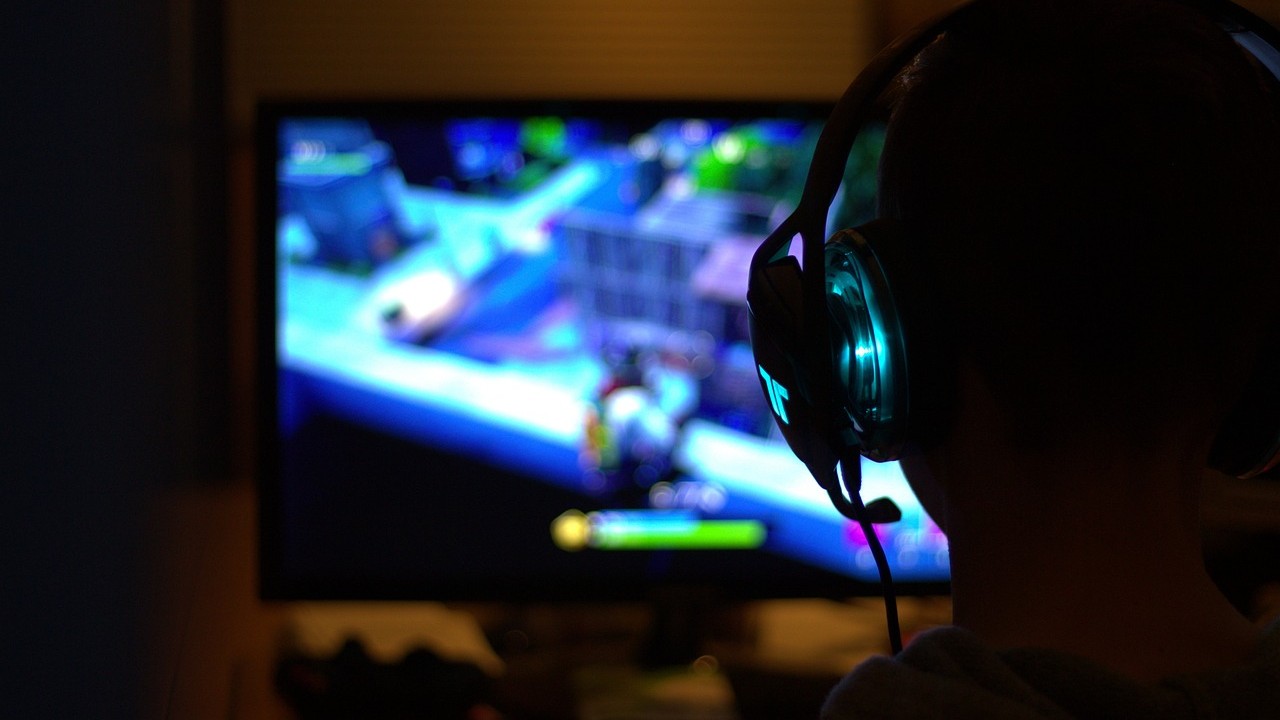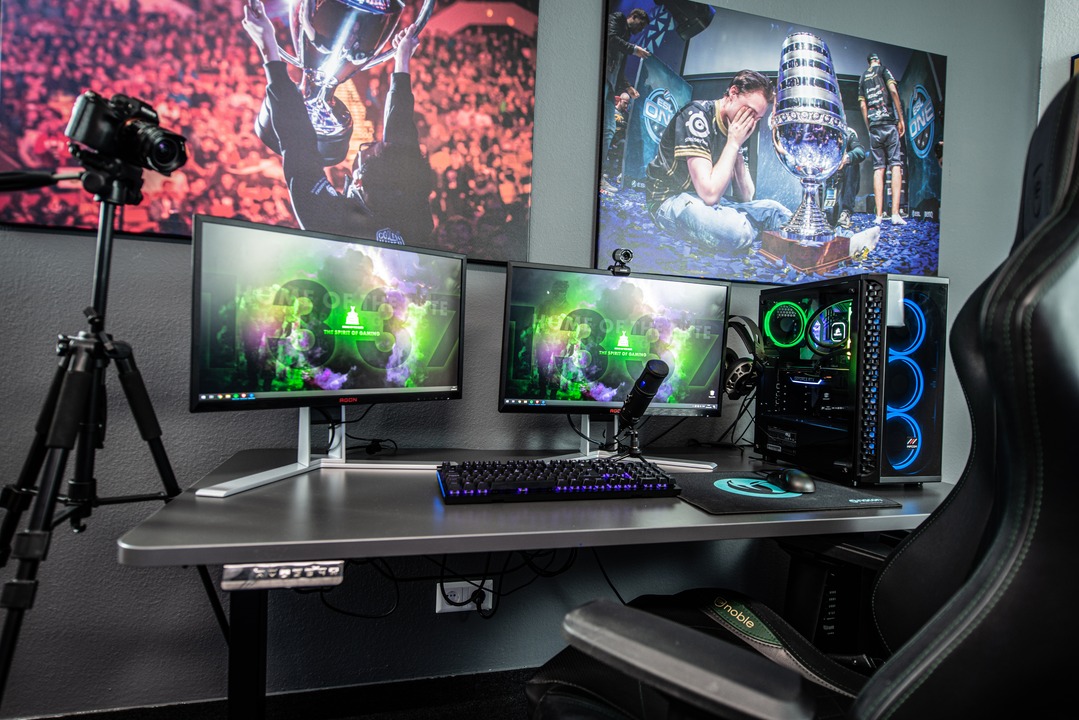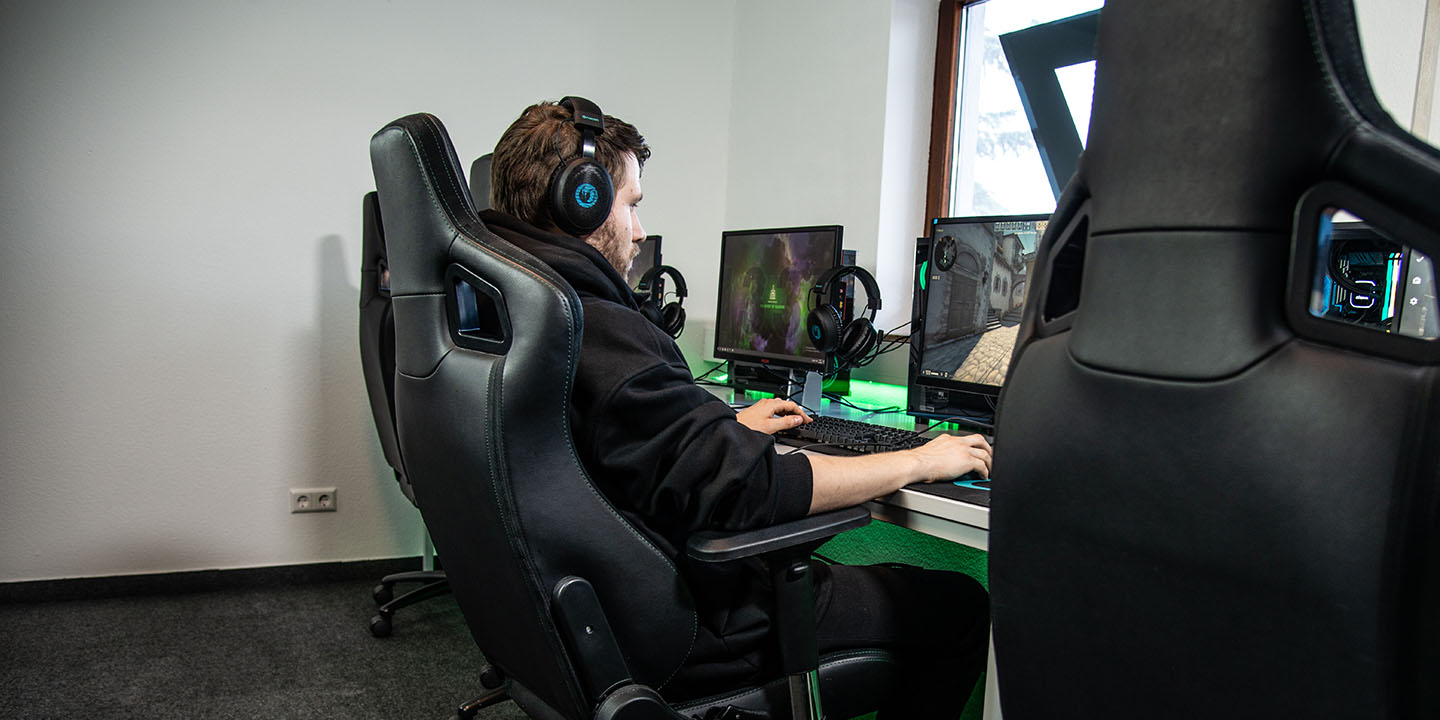Futures Too Big to Keep on the Shelf
There’s something about science fiction that captures our imaginations in a way that other genres don’t. Maybe it’s the way it stretches reality until it feels both impossible and inevitable. Or maybe it’s the quiet terror of realizing that the future these books portray is already on our doorstep. Not only is science fiction full of wormholes and AI and intergalactic wars, but it’s also incredibly human, with stories centered on identity, rebellion, and belonging. Here are twenty sci-fi series—some cult classics, others massive blockbusters—that belong on your reading list.
1. The Expanse by James S. A. Corey
With its space politics, Martian marines, and belters making a living on the asteroid belt, this series is like Game of Thrones set in a solar system that feels uncomfortably plausible. The first book, Leviathan Wakes, starts with a missing girl and spirals into conspiracy, war, and a mysterious alien substance with properties that defy known science.
2. Dune by Frank Herbert
Sand. So much sand. And beneath it all, a story of ecology, religion, and power that’s aged oddly well. Herbert built an entire universe around the concept of the religious-inspired antihero. Reading it feels like hiking through a fevered desert dream, where the protagonists aren’t the heroic leaders we hope they are.
 Unknown photographer on Wikimedia
Unknown photographer on Wikimedia
3. The Culture Series by Iain M. Banks
Banks gives us a galaxy run by benevolent AIs and anarchist humans, where war is obsolete—except when it isn’t. Consider Phlebas starts the chaos, but The Player of Games might be the most accessible entry point for new readers. It’s cerebral and weirdly funny, like philosophy delivered sarcastically.
4. Hyperion Cantos by Dan Simmons
In this series, pilgrims travel across the stars to meet a creature called the Shrike, a god of pain and time covered in spikes. Each traveler relays their version of events, and by the end, you’re not sure what’s real anymore. It’s part futuristic Canterbury Tales, part fever dream, and entirely unforgettable.
5. The Three-Body Problem Trilogy by Cixin Liu
This series starts with a cryptic video game from a brutally inhospitable world and ends with the death of entire dimensions. Liu’s vision of alien contact feels cold, mathematical, and brutally logical.
6. Foundation by Isaac Asimov
Asimov built a future where psychohistory—a kind of statistical fortune-telling—tries to predict the collapse of civilization. It’s ambitious, optimistic, and while a bit dry in spots, it’s overall brilliant. His story, in essence, created the basic scaffolding on which modern sci-fi is built.
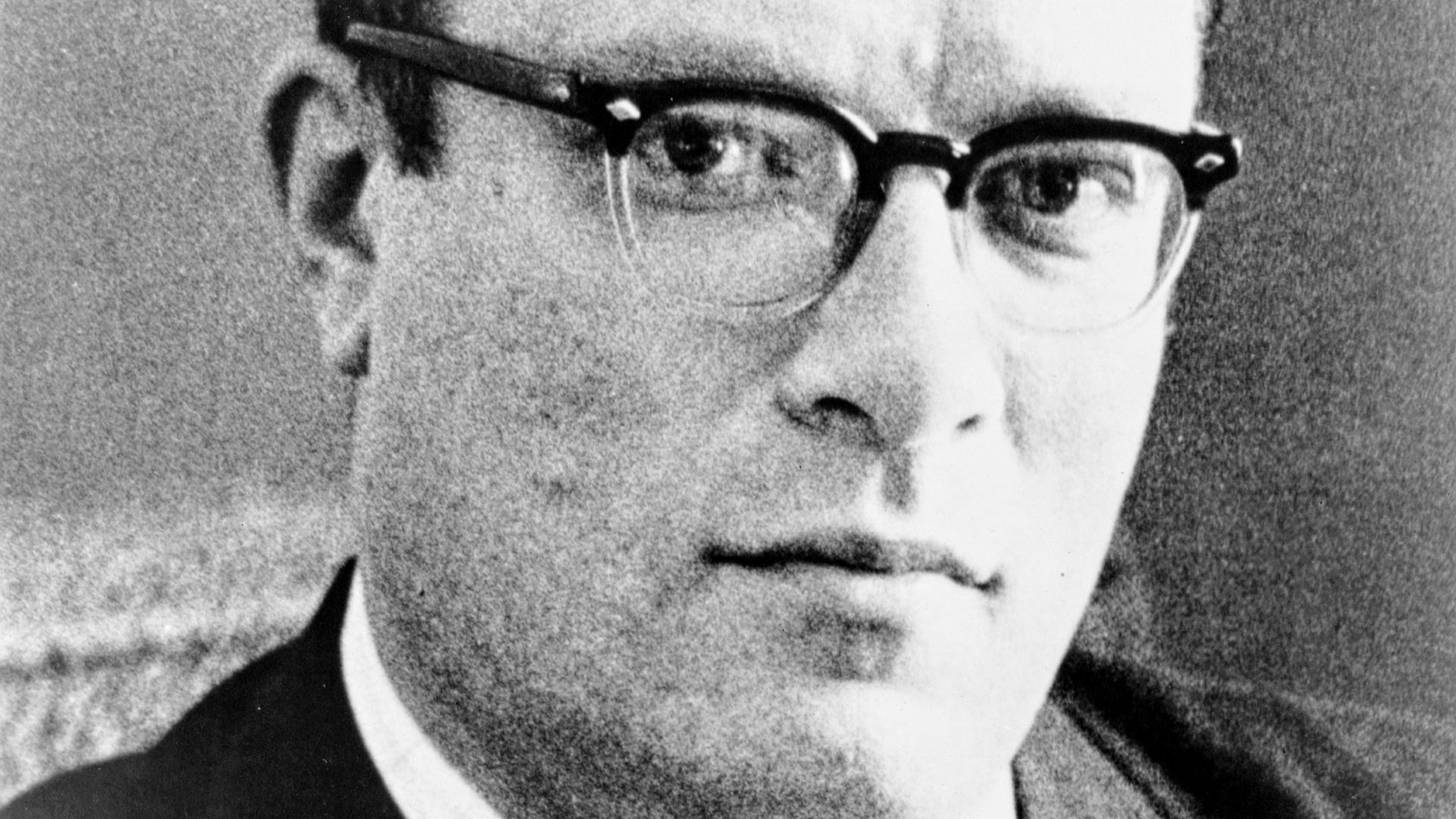 Phillip Leonian [1] from New York World-Telegram & Sun.[2] on Wikimedia
Phillip Leonian [1] from New York World-Telegram & Sun.[2] on Wikimedia
7. Old Man’s War by John Scalzi
The premise alone is gold: retirees get new, upgraded bodies and go fight aliens in space. The plot is fun, fast, and sneakily emotional. Scalzi has that rare ability to make you laugh at one line and stare at the wall the next, questioning your purpose in the face of your own mortality.
8. Red Rising by Pierce Brown
Imagine The Hunger Games mixed with Spartacus, then set on Mars. That’s Red Rising. It’s violent, poetic, and the story itself is intensely readable. The worldbuilding is detailed enough to make you forget it’s fiction, with color-coded castes and rebellion simmering among the oppressed mining class of the Red Planet.
9. The Broken Earth Trilogy by N.K. Jemisin
In this trilogy, the Earth itself is volatile and hostile, under constant threat from earthquakes and eruptions, and certain characters have the ability to reshape geological forces. Jemisin writes like she’s reshaping the genre from the ground up—and in a way, she did. The prose hums on the page, and the world feels potent and alive.
10. The Hitchhiker’s Guide to the Galaxy by Douglas Adams
This classic is absurd and deeply British in its humor. It’s less about space exploration and more about the sheer ridiculousness of existence. Adams makes the end of the world sound like a cosmic inside joke.
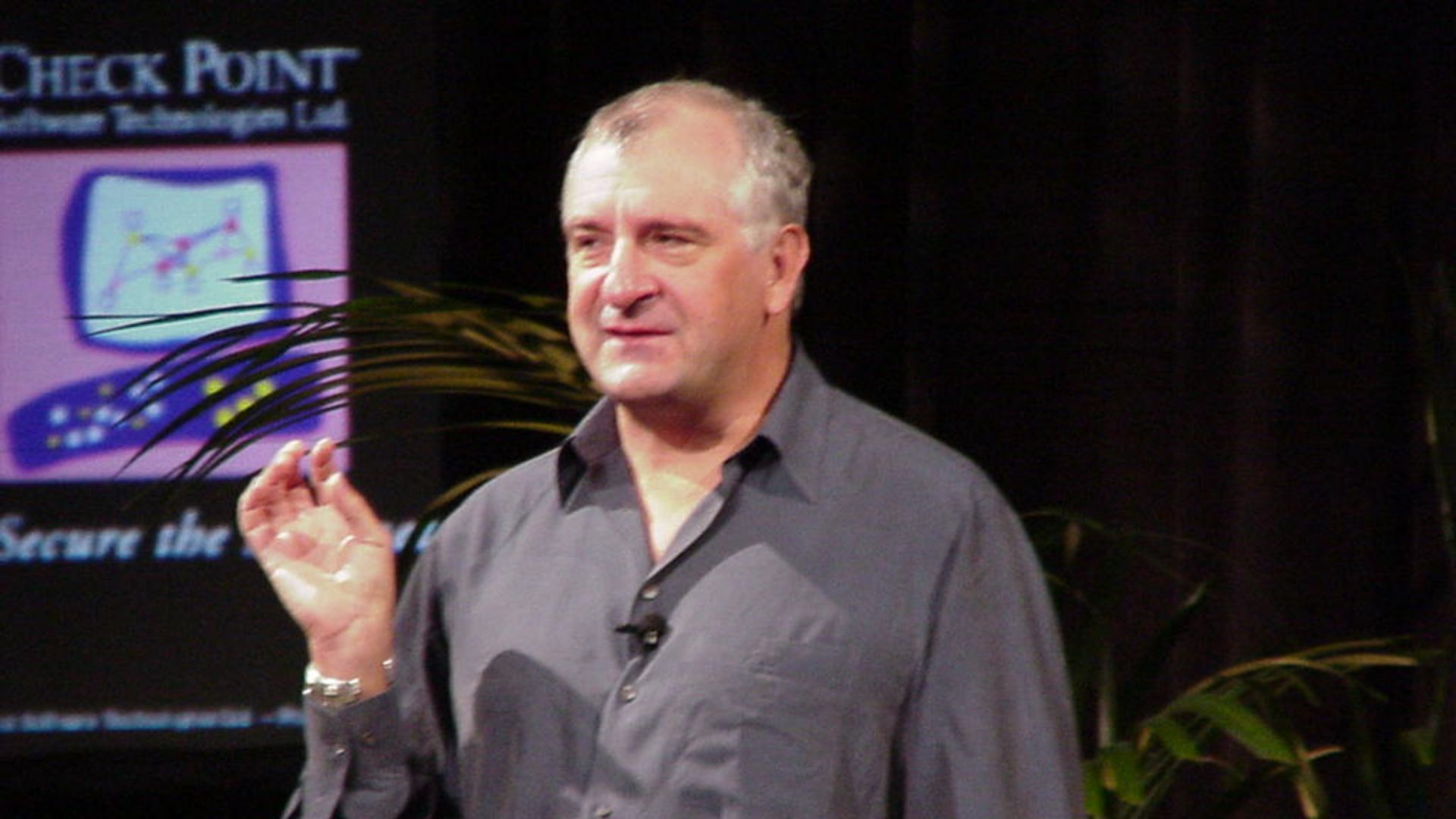 John Johnson from Iowa City, USA on Wikimedia
John Johnson from Iowa City, USA on Wikimedia
11. The Book of the New Sun by Gene Wolfe
Set in a far-future Earth that feels medieval again, Wolfe’s story of Severian, a torturer with a conscience, reads like ancient myth disguised as sci-fi. You don’t always know what’s happening, but it lingers in your mind like a dream you’re sure meant something.
12. Revelation Space by Alastair Reynolds
In this space opera, every world feels lived-in, grimy, and steeped in regret. Reynolds’ characters are explorers and exiles, forever chasing lost knowledge. There’s a sense of cosmic horror here in the face of the vast indifference of time and technology that outlives us all.
13. Snow Crash by Neal Stephenson
You can’t go wrong with a pizza-delivering hacker with a katana and a name like “Hiro Protagonist.” This novel features the Metaverse decades before Zuckerberg made the concept his own. Reading it now feels like watching Stephenson accidentally invent our current timeline.
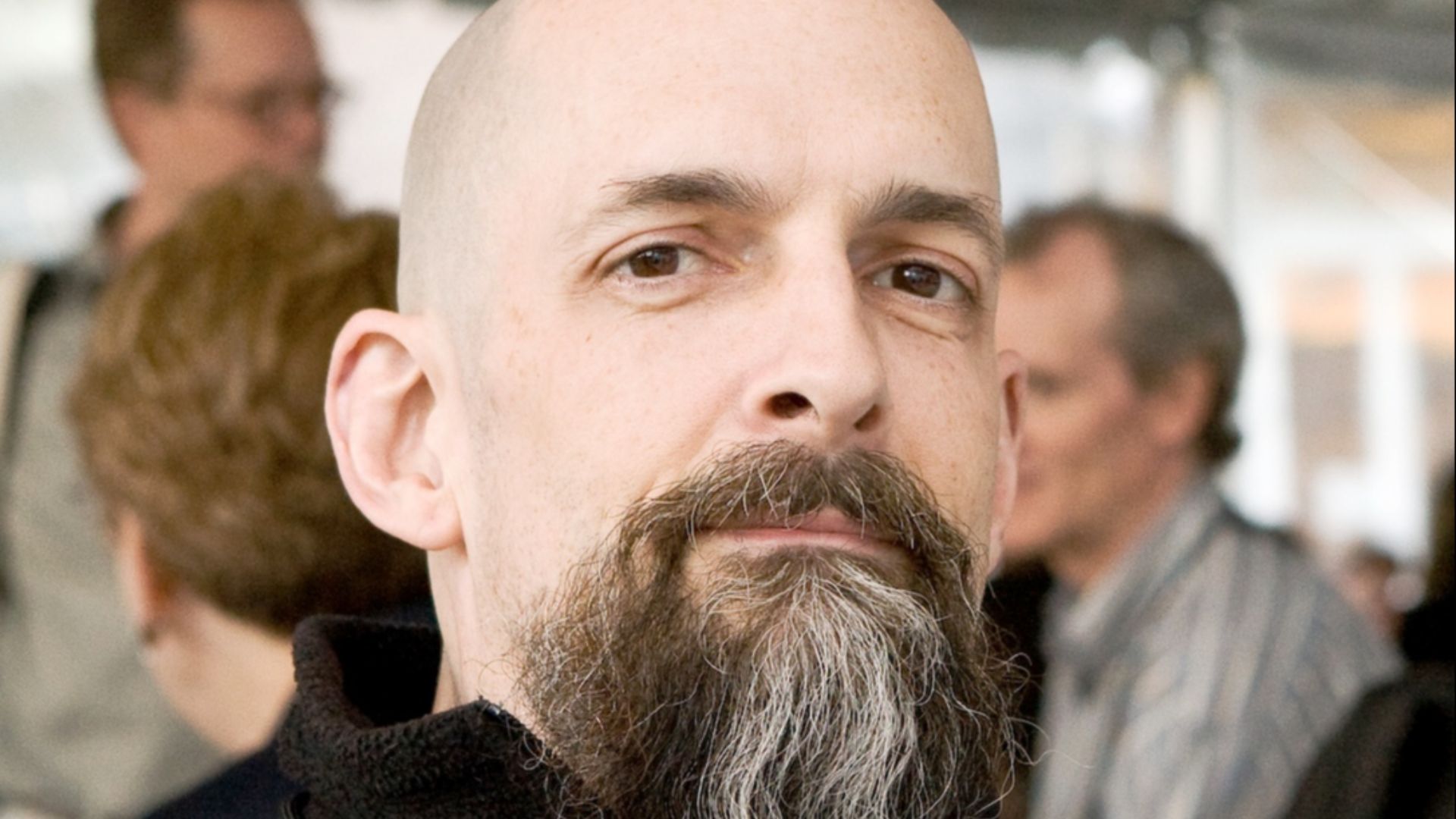 Bob Lee; cropped by Beyond My Ken (talk) 20:21, 14 June 2010 (UTC) on Wikimedia
Bob Lee; cropped by Beyond My Ken (talk) 20:21, 14 June 2010 (UTC) on Wikimedia
14. The Southern Reach Trilogy by Jeff VanderMeer
It starts with Annihilation, where an all-female team enters Area X—a place that doesn’t follow normal biological rules. What they find there is a complete distortion of reality. VanderMeer’s writing seeps under your skin and makes you feel as if you, too, are lost in an alien landscape.
15. The Murderbot Diaries by Martha Wells
This series features a self-aware security android that hacks its own governor module so it can binge-watch soap operas instead of killing people. It’s sarcastic and weirdly relatable. Wells nails the feeling of being painfully self-conscious while striving to do what is right.
16. Neuromancer by William Gibson
This is the book that coined the term “cyberspace” and made hacking culture cool before a modem even existed. Gibson’s prose is sharp and strange, full of phrases that sound like poetry for sentient machines.
 The original uploader was Skomorokh at English Wikipedia. on Wikimedia
The original uploader was Skomorokh at English Wikipedia. on Wikimedia
17. The Space Between Worlds by Micaiah Johnson
In this novel, multiverse travel may exist, but only for people whose alternate selves are dead. The protagonist, from a world of poverty and violence, takes advantage to travel to better versions of Earth reserved for the wealthy. It’s the kind of revolutionary story that makes you question things.
 Gage Skidmore from Surprise, AZ, United States of America on Wikimedia
Gage Skidmore from Surprise, AZ, United States of America on Wikimedia
18. The Bobiverse Series by Dennis E. Taylor
In this story, a regular guy gets transformed into a sentient AI running a space probe. He then clones himself—repeatedly. What follows is a hilarious, surprisingly touching exploration of identity, ethics, and what it means to be alive.
19. Children of Time by Adrian Tchaikovsky
Imagine sentient spiders as a result of a human experiment gone wrong. Now imagine these spiders with their own religion, technology, and politics. It sounds absurd, but it’s actually one of the smartest and most moving space epics out there.
20. Wayfarers Series by Becky Chambers
Instead of technology, this series devotes its focus to exploring the human element. Chambers writes about families drifting through space, patching ships and hearts in equal measure. There’s no galaxy-spanning war, no evil empire—just people trying to be kind in a vast, indifferent universe.


